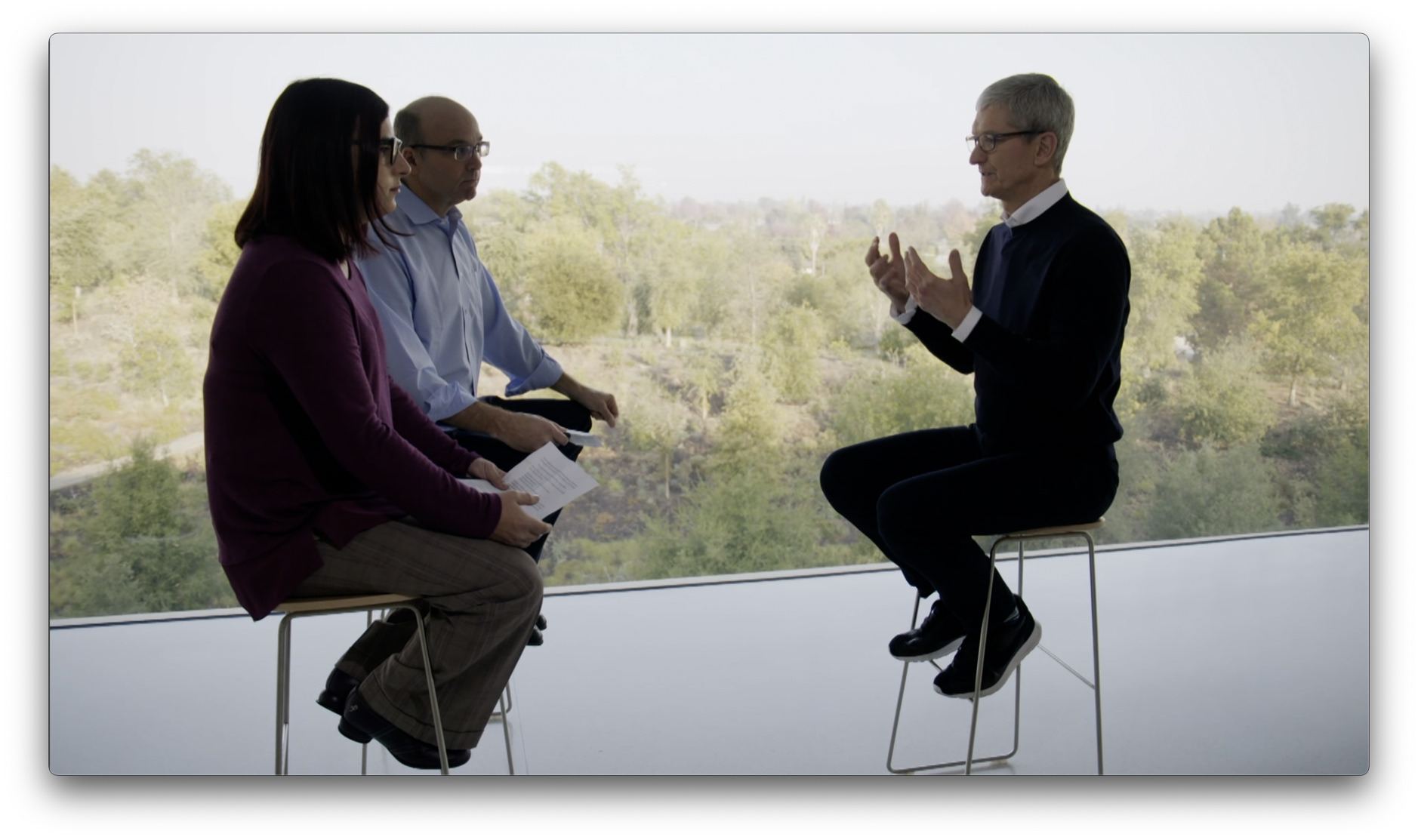Stand der Dinge: Apples Such-Deal mit Google
Apple streicht 36-Prozent von Googles Werbeumsatz auf dem iPhone ein (12-Prozent gehen an Android-OEMs).
The biggest slip-up of the Department of Justice’s Google search monopoly trial was the reveal that Google pays Apple 36 percent of Safari search revenue to remain the default search engine. Google stated it didn’t want that number getting out because it “would unreasonably undermine Google’s competitive standing in relation to both competitors and other counterparties.” Google attorney John Schmidtlein apparently „visibly cringed“ when the number was revealed by its witness (it was later confirmed by Google CEO Sundar Pichai) because Google knows it now has a mess on its hands.
Ars Technica | Ron Amadeo
Google gab nach eigener Angabe im Jahr 2021 insgesamt 26 Milliarden US-Dollar für Such-Deals mit Browser-Anbietern und Herstellern aus. Apple erhielt im Jahr 2022 als Provision rund 20 Milliarden US-Dollar. 20 Milliarden US-Dollar, die für Apple quasi keine Kosten verursachen.
Apple verbucht diesen Gewinn in seinem Dienstegeschäft. Der Google-Deal beteiligt sich derzeit mit rund einem Viertel / Fünftel an Apples gesamter Services-Sparte.
Services also means advertising sales, which Apple points out almost every time it talks to investors: In 14 of the company’s past 16 quarterly filings, it has cited „advertising“ as one of the three reasons services revenue has increased. […]
But in Apple’s case, „advertising“ also means a much, much bigger business: the money Google pays Apple to be the default search engine on iPhones and other devices — more than $20 billion in 2022 alone.
Business Insider | Peter Kafka

Tim Cook kommentierte den Deal öffentlich vor einigen Jahren (Axios, HBO). Im Sommer/Herbst klärt ein US-Kartellverfahren gegen Google eventuell dessen Rechtmäßigkeit.
”Google is winning because it’s better, and Apple is deciding Google is better for users,“ Schmidtlein argued. „The antitrust laws are not designed to ensure a competitive market. They’re designed to ensure a competitive process.“
Proving the potential anti-competitive effects of Google’s default agreements, particularly the Apple deal, has long been regarded as the most critical point in order to win the government’s case. So it’s no surprise that the attorney representing state attorneys general, Bill Cavanaugh, praised Mehta for asking, „What should Google have done?“ According to Cavanaugh, that was the „right question“ to pose in this trial.
Ars Technica | Ashley Belanger